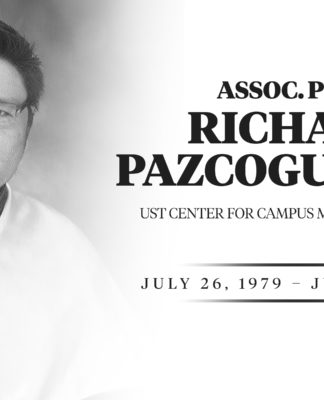 THE VATICAN has launched its own YouTube channel in order to bring the Pope and the Church closer to people through modern technology, Holy See officials said.
THE VATICAN has launched its own YouTube channel in order to bring the Pope and the Church closer to people through modern technology, Holy See officials said.
Teaming up with Google, YouTube’s parent company, the Vatican Television Center and Vatican Radio will give the people access to reliable information about the Pope and Vatican, said Archbishop Claudio Celli, head of the Pontifical Council for Social Communications, during a press conference in Rome, according to a report from www.catholicnews.com.
However, in his Message for the 43rd World Day of Communications, the Pope stressed that cyberspace contact should not substitute for authentic relationships. It may isolate individuals from real social interaction, he said.
The new channel shows news coverages of the Holy Father’s major activities and other important events in the Vatican. Fr. Federico Lombardi, press director of the Holy See, said that they hope to post three videos a day. The channel can be viewed in English, Italian, German, and Spanish. More will be added eventually.
The first videos were uploaded last Jan. 21 and among them were the Holy Mass and Angelus in line with the celebration of the Solemnity of Mary, the Mother of God.
Viewers can leave comments on Vatican’s ad-free channel; share the videos through e-mailing the links, posting them on various social networking sites such as MySpace and Facebook.
The new channel came with the traditional release of the World Communications Day Message of the Pope last Jan. 24. According to the message, digital technology is a gift to humanity to further unite and create a greater understanding among people. The Pope also urged the youth to use it to spread the Gospel, “Be sure to announce the Gospel to your contemporaries with enthusiasm.”
In an interview with the Varsitarian, UST Graduate School professor of media Fr. Franz-Josef Eilers, S.V.D. welcomed the Vatican’s initiative, which now makes the Church available in new media. However, there is no real social interaction between people on the YouTube, he noted.
Nevertheless, the Church can still benefit from technological advancements on spreading the Word of God, Eilers added, stressing that the media naturally exist to serve the people.
“By studying the possibilities of technology and communication, Thomasians can assist the Church in its endeavors,” Eilers explained.
















